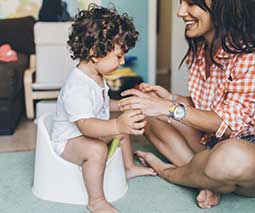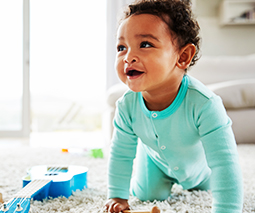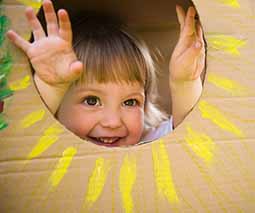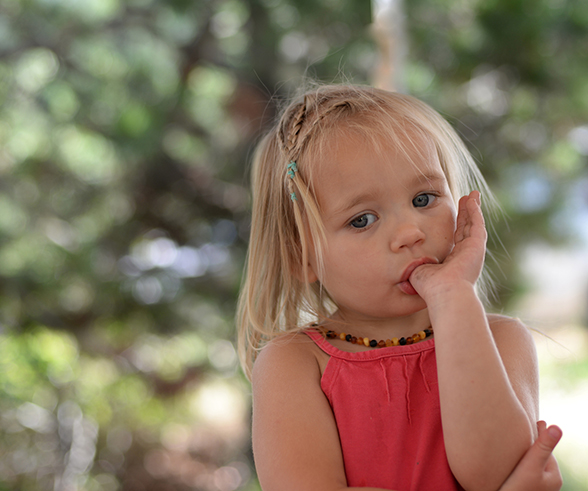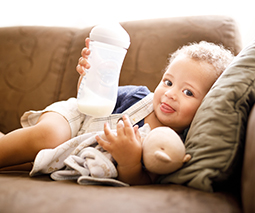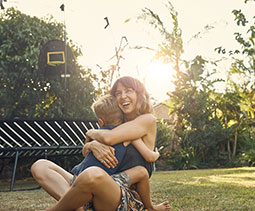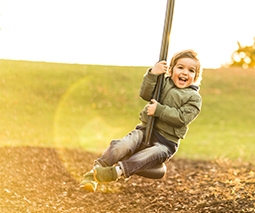Why energetic play is so important for our boys
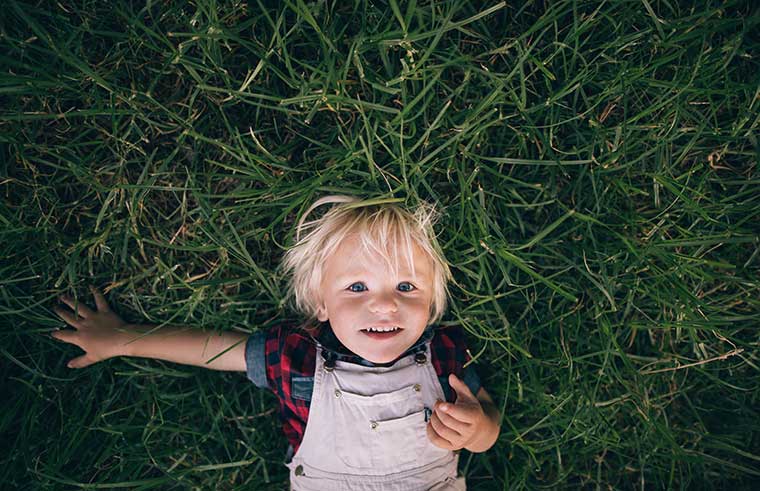
It’s exhausting, but my two boys are never happier than when they are playing outside, making a mess and making noise.
According to parenting educator and author Maggie Dent, this makes my two boys of rooster temperament. Entertaining, adventurous, boisterous with a big appetite for adventure and energy expenditure.
Not all boys identify as a rooster, Maggie says there are also plenty of lambs out there. Easy-going, sensitive souls who love routine and solo-time and are sensitive to discipline.
Regardless of temperament, all our children need lots of time outside for free, unrestricted play.
“Play needs to be returned to its rightful place in childhood,” writes Maggie in her recent book, Mothering Our Boys, A guide for mothers of sons.
She says our intensive parenting practices, that tend towards safety at all costs, see children with less free time to play.
This, in turn, leaves boys without enough exposure to the invisible ‘play code’ that helps them develop relationships and navigate decision-making early in life.
But Maggie says energetic play is the building block of the most important things in life.
Here’s how to encourage energetic play
As parents with a big to-do list, all the noise and energy can get overwhelming, particularly if you’re stuck on the notion that quiet = “well-behaved”.
As Maggie writes the best things parents can do is change this mindset.
“Sometimes, in trying to contain these developmentally normal behaviours, frustrated mums can resort to shouting, shaming and hitting, especially if that was a part of their own childhood experience. For some boys in this situation, they simply give up trying to improve their choices and the ‘I am bad’ mindset becomes deeply entrenched. Sadly, their behaviour then follows. They often feel their mum cannot love a bad boy.”
Be mindful of changes in behaviour
An overload of energy can also be a sign of distress or anxiety, so Maggie says it’s important to take stock when even energetic children step things up a notch.
“Anxiety and separation anxiety distress can influence children even as old as eight. Little boys can struggle with this and, rather than be able to communicate it, they often act out by being silly, overly energetic and hyperactive, needy, or through anger and aggression.”
The best remedy for this kind of behaviour is love and validating their feelings rather than telling them to “toughen up and be like a man”.
“If we can support our boys with their emotional and social development from an early age, they will learn how to cope with the mistakes, the failures and the many times that they will make poor choices. It is really important to validate boys’ feelings … when things go wrong because this is emotional coaching, which can help them right through life,” says Maggie.
Energetic play builds brain function
Did you know that excess energy in children reduces concentration levels?
According to Maggie when we used to walk or ride backs to school we came into the classroom with higher levels of dopamine (the chemical that activates the reward centre of the brain).
“When we disable our children’s capacity to move their bodies … it’s going to have a negative flow-on effect in other areas of their lives, especially for boys. While play may seem like the fun, easy part of being a child, it is also vitally important for building connectedness and brain integration.”
That’s also why many schools have incorporated nature play into their curriculums, because of the benefits to concentration and overall happiness and health. And the added bonus of giving children a platform to understand ‘natural consequence’ of making mistakes.
As Maggie writes: “All children need opportunities for creative, exploratory play in stress-free environments with time and freedom.”
Let’s not stand in their way.
This post was originally published on Kinderling Kids Radio. Download the Kinderling app for more great stories.
